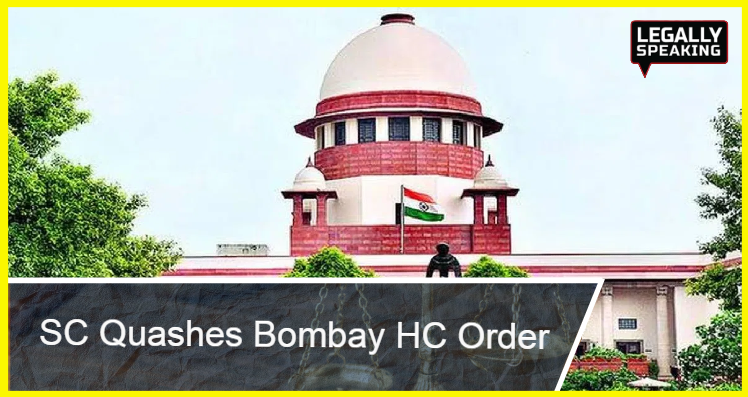
The Delhi has court presided over by a sessions judge or an additional sessions judge has the jurisdiction to try a complaint under the Insolvency and Bankruptcy Code, 2016, the Supreme Court held on Friday as it quashed a 2022 verdict of the Bombay High Court.
The Bombay High Court allowed a plea challenging the order passed by an additional sessions judge directing issuance of process against 2 former directors of a firm on a complaint filed by the Insolvency and Bankruptcy Board of India.
While dealing with an appeal filed by the Board challenging the high court verdict, a bench of Justices BR Gavai and Sandeep Mehta stated that the HC had “grossly erred” in quashing the complaint only on the ground that it was filed before a special court presided over by a sessions judge.
BENCH VERDICT
The bench stated in its verdict, “It is held that the special court presided by a sessions judge or an additional sessions judge will have jurisdiction to try the complaint under the Code.”
It remitted the matter to the high court for fresh consideration on merits.
The bench noted the submissions of the Board’s counsel who argued that the high court erred in holding that in view of the Companies (Amendment) Act, 2017, only the offences committed under the Companies Act can be tried by a special court consisting of sessions or additional sessions judge.
Furthermore, it noted that the Board’s counsel has submitted that the reasoning given by the high court that the offences other than the Companies Act can’t be tried by the special court consisting of sessions judge or additional sessions judge was totally in ignorance of the provisions of sub-section (1) of section 236 of the Code.
Section 236 of the Code deals with trial of offences by a special court.
The bench stated, “We further find that the reasoning of the single judge of the high court that in view of the 2018 amendment only the offences under the Companies Act would be tried by a special court of sessions judge or additional sessions judge and all other offences including under the Code shall be tried by a metropolitan magistrate or a judicial magistrate of the first class is untenable.”
It said at the most, the high court could have directed the complaint to be withdrawn and presented before the appropriate court having jurisdiction.
The bench stated, “In the result, we allow the appeal. The impugned judgment and order dated February 14, 2022, passed by the single judge of the high court of judicature at Bombay in … is quashed and set aside.”
It noted that the sessions judge directed issuance of process against the 2 former directors of the firm on account of a complaint filed by the Insolvency and Bankruptcy Board of India under section 236 of the IBC, read with other provisions of the Code of Criminal Procedure, for the offences punishable under section 73(a) and section 235A of the Code.




